Publications
-
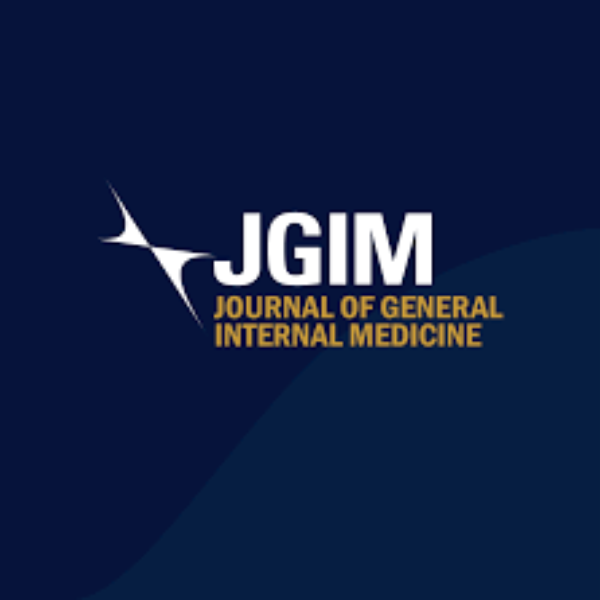
Care Team Model and Diagnostic Error Risk in Medical Patients Who Transferred to the ICU or DiedOpens in a new window
Jan 26, 2026In a new study published in the Journal of General Internal Medicine, Drs. Michelle Knees and Katie Raffel (IHQSE faculty) and their co-authors found that diagnostic error risk varied by inpatient care team model among high-risk medical patients. While the causal mechanisms are unknown, this may be related to number of clinicians caring and thinking about a patient, or due to differences in workload. As hospitals rethink staffing approaches, these findings underscore the importance of considering how team design supports clinical reasoning and diagnostic safety!Opens in a new window Full story -

Tonsillectomy for Obstructive Sleep-Disordered Breathing: Should They Stay, or Could They Go?Opens in a new window
Nov 5, 2025Tonsillectomy is one of the most common pediatric surgical procedures performed with over 550,000 operations annually. Stratification of which children do not require overnight monitoring has major implications for healthcare value both financially and for the family experience. The American Academy of Otolaryngology/Head & Neck Surgery’s tonsillectomy clinical practice guideline recommends overnight observation for any child less than 3 years of age. Our most recent investigation of clinical outcomes for toddlers who underwent a tonsillectomy provided further evidence that children who were off oxygen with 3 hours of surgery and passed an asleep room air challenge (AsRAC) are good candidates for same day surgery. Over 80% of toddlers were off oxygen within 3 hours and only 1.3% (n=7) were briefly placed back on oxygen following passing an AsRAC. The tonsillectomy outcome research at CHCO will be at the forefront when the American Academy of Otolaryngology/Head&Neck Surgery revises the tonsillectomy clinical practice guidelines.Opens in a new window Full story -

QI Methods Bolster Intervention in Respiratory Virus SurgeOpens in a new window
Sep 24, 2025During the fall 2022 respiratory virus surge, pediatric emergency departments and urgent cares across the country experienced record volumes and long waits. A multidisciplinary team at Children’s Hospital Colorado North Campus combined ED/UC used rapid-cycle quality improvement methods to respond in real time. By repurposing administrative offices into new patient care space, creating a provider-led intake system, and optimizing staffing, the team reduced Left Without Being Seen (LWBS) rates from a peak of 40% to < 5% and shortened door-to-provider times despite unprecedented demand. These quick, low-cost interventions sustained performance gains even after the surge subsided, strengthening long-term patient flow and safety.Opens in a new window Full story -
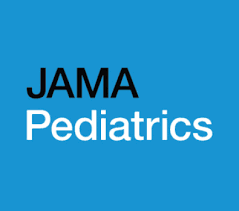
Opioid Timeliness for Children with Sickle Cell Pain in the Emergency DepartmentOpens in a new window
Sep 2, 2025Children with sickle cell disease (SCD) often come to the emergency department (ED) for severe pain, but care can vary across hospitals. This study looked at more than 9,000 ED visits in the U.S. to see whether giving opioid pain medicine quickly affected hospital admissions. Children who received their first dose within 60 minutes were less likely to be hospitalized, and the chance of admission dropped even further when a second dose was given within 30 minutes. These findings highlight the importance of timely pain treatment and suggest that faster opioid delivery can improve outcomes and reduce unnecessary hospital stays for children with SCD.Opens in a new window Full story -
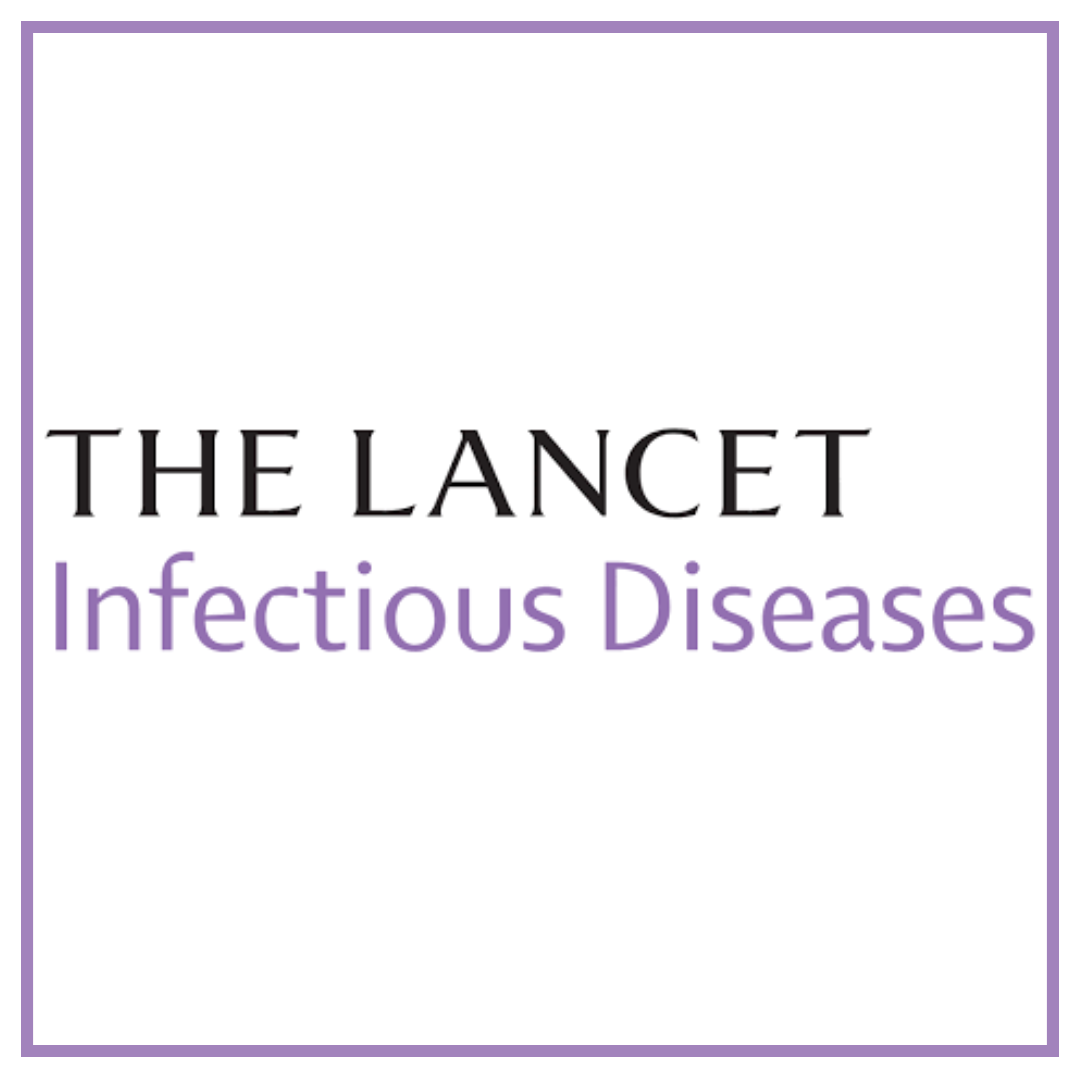
Insight into Post-Pandemic Return of Respiratory Viruses in ChildrenOpens in a new window
Aug 6, 2025A landmark study led by infectious diseases specialists at University of Colorado Anschutz Medical Campus/Children’s Hospital Colorado was recently published in The Lancet Infectious Diseases. The article is the first from a multicenter clinical research pilot study run through the National Institutes of Health's Vaccine Research Center’s Pandemic REsponse REpository through Microbial and Immune Surveillance and Epidemiology (PREMISE) program. The PREMISE pilot study conducts immunologic surveillance and data collected from the first year, 2022-2023, provides insight into what was driving the large post-pandemic rebound of common respiratory pathogens in children. Data also allowed for the recreation of past viral circulation patterns and model predictions for future outbreaks with greater accuracy and precision, helping hospitals, health agencies, and policymakers better prepare for future outbreaks.Opens in a new window Full story -
.png?sfvrsn=d02cfb4_1)
Transformation in an Acute Care Therapy DepartmentOpens in a new window
Jul 1, 2025A large academic acute care therapy department successfully transformed from discipline-based teams to an interdisciplinary service-line structure, achieving measurable improvements in staff productivity, morale, and operational efficiency. Led by IHQSE-trained leaders, this quality improvement project followed Kotter’s 8 Steps for Leading Change and was implemented over the course of a year. Outcomes included improved staff-to-supervisor ratios, direct patient assignments, and an increase in staff engagement. This work offers a blueprint for other health systems navigating growth, burnout, and operational challenges through structured, data-informed change.Opens in a new window Full story -

Are Breast Radiology and Pathology Reports Readable?Opens in a new window
Jun 30, 2025This multi-institutional study analyzed the readability of 120 breast radiology and pathology reports and 194 MedEd educational tools from the University of Colorado and University of Miami. Findings revealed that most clinical reports exceeded a high school reading level, with surgical pathology reports being the most difficult to understand. While MedEd materials were more accessible, they still surpassed the recommended 6th-grade level. These results highlight a persistent gap in health literacy for breast cancer survivors. Future efforts, including AI integration and patient co-design, may help create more understandable materials that support empowerment and shared decision-making.Opens in a new window Full story -
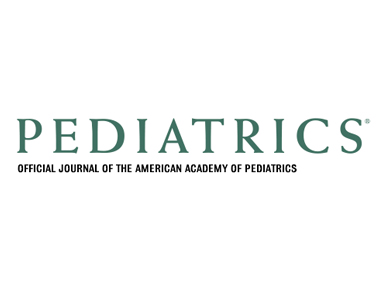
Clinical Decision Support for Septic Shock in the Emergency DepartmentOpens in a new window
Jun 10, 2025Pediatric sepsis is a leading cause of death for children, and an emergency in which timely diagnosis and treatment are lifesaving. This study sought to address a gap in knowledge around approaches to diagnose pediatric sepsis in the earliest stages. In a cluster-randomized trial in four Children’s Hospital Colorado Emergency Departments, this study implemented decision support to predict septic shock and measured its effect on treatment and outcomes. The clinical decision support was developed at Children’s Hospital and the University of Colorado, based on models that use extant EHR data to predict septic shock. This was the first reported prospective, controlled trial of decision support intended to aid in early pediatric sepsis diagnosis and treatment. While papers have previously described implementation of consensus-based tools for sepsis diagnosis, few have been based on derived, validated models, and they have not been prospective trials. Findings indicate that implementation of decision support based on machine learning models to predict septic shock was feasible and acceptable to clinicians. However, it did not change the outcomes for patients, in this setting of EDs with pre-existing high-quality sepsis care.Opens in a new window Full story -

Does Secure Messaging Help or Harm Patient Communication?Opens in a new window
May 29, 2025This Point-Counterpoint debate article explores whether secure messaging improves or hinders inpatient communication. Dr. Michelle Knees (IHQSE faculty) and co-authors examine the evidence behind this increasingly common communication tool. The "Point" argues that secure messaging supports collaboration and efficiency, while the "Counterpoint" raises concerns about cognitive load, interruptions, and patient safety. A shared rebuttal underscores the need for thoughtful implementation and institutional guidance. This balanced discussion reflects the evolving communication landscape in hospital medicine and highlights the need for evidence-based best practices.Opens in a new window Full story -
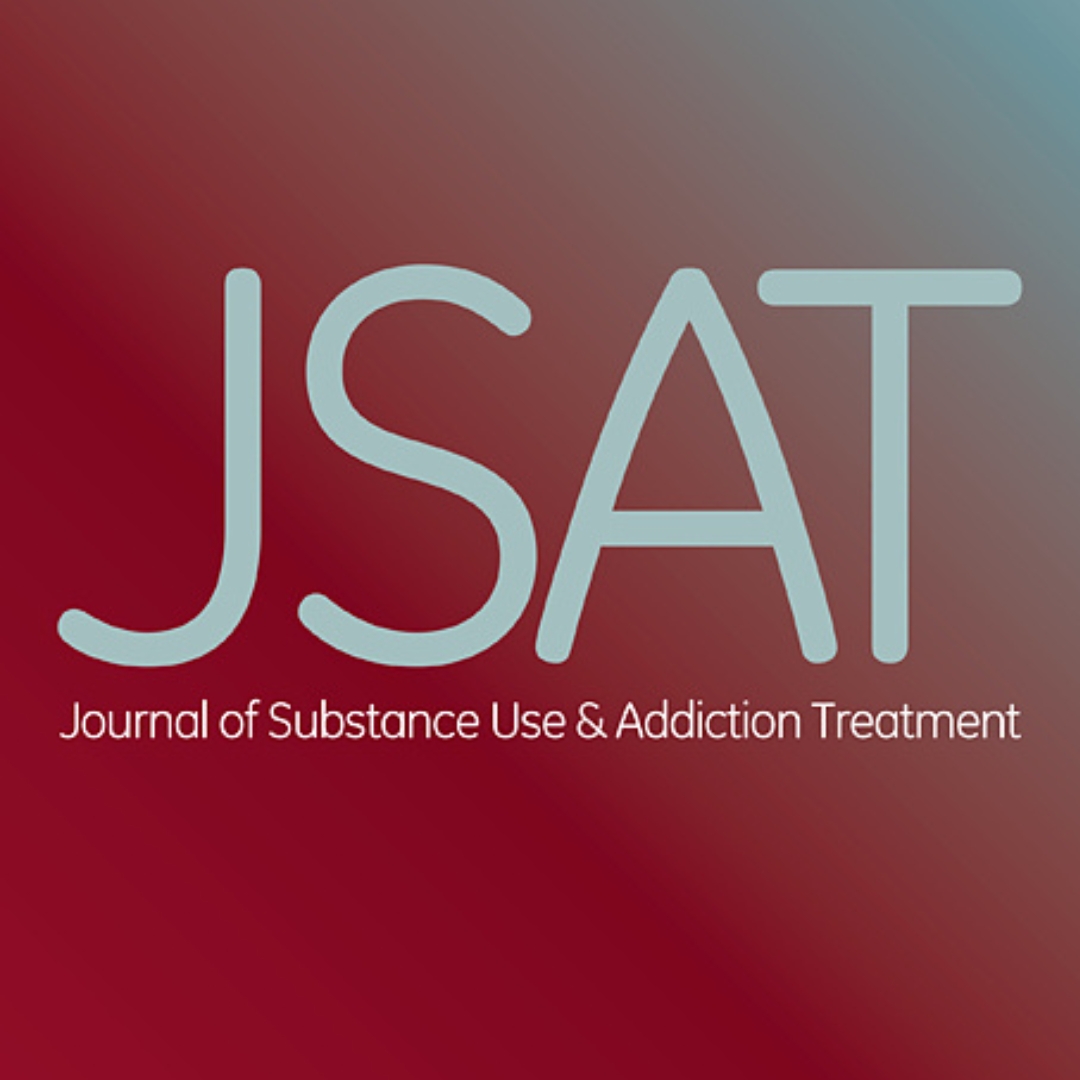
Clinical Decision Support and Opioid Use Disorder TreatmentOpens in a new window
May 1, 2025To address rising opioid overdose rates, the study team developed and implemented an interruptive, electronic health record (EHR)-integrated clinical decision support (CDS) to increase buprenorphine treatment for opioid use disorder (OUD) in the emergency department. The CDS uses real-time EHR data to identify at-risk patients and guide clinicians through OUD evidence-based care pathways. This strategy significantly improved OUD treatment metrics and demonstrated high rates of adoption by providers. By balancing automation with clinician-driven decision-making, this approach offers a scalable, generalizable solution to address barriers in emergency department-initiated OUD care and supports a growing body of evidence for CDS as an effective implementation tool in high-acuity settings.Opens in a new window Full story